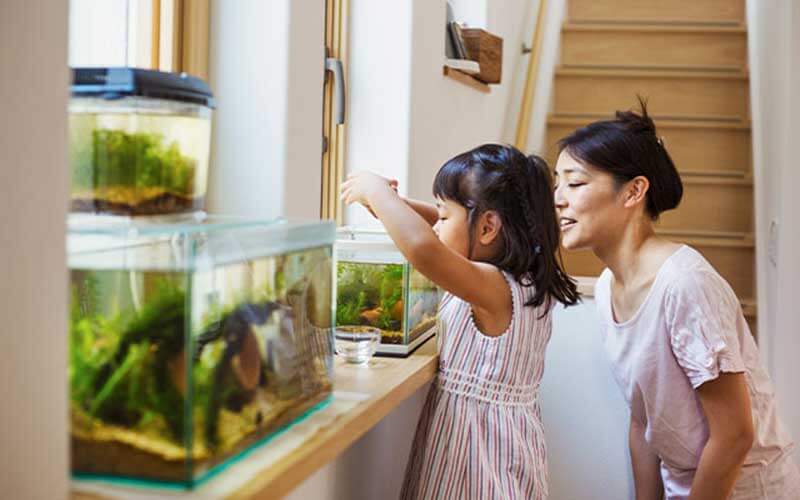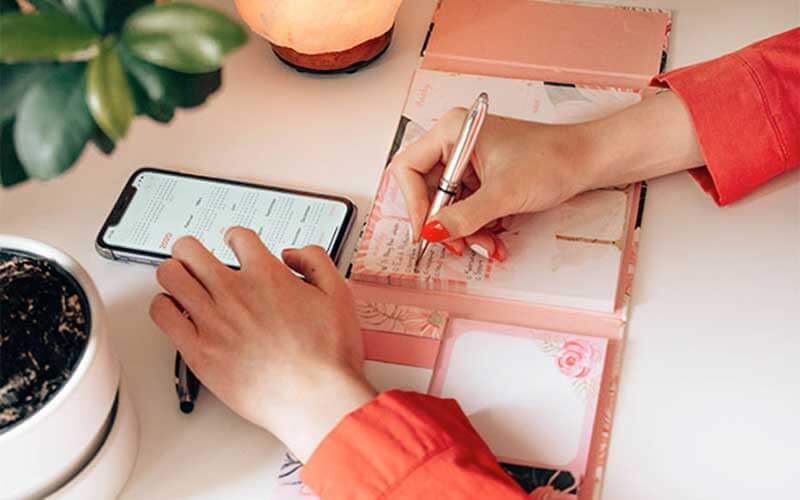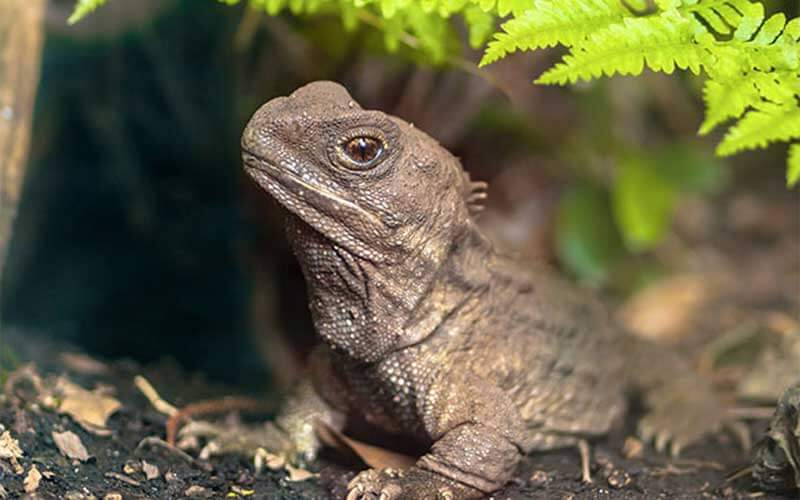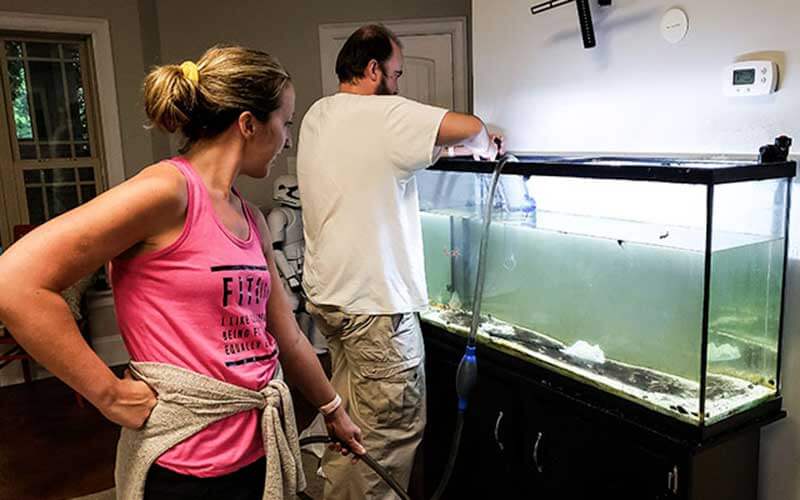As we find a light at the end of the COVID tunnel and close the chapter that is 2020, the new year brings with it the promise of new joy, success, and most excitingly; travel. When we travel though, it can be scary to leave our pets at home. Most aquarists and herpetoculturists understand that their pets have a special set of needs that most pet sitters (or family and friends) aren’t aware of. These needs still need to be met when we’re away, which is why we have put together a small collection of tips for fish and reptile owners going on vacation!
Expect The Unexpected
No matter how effective your planning, as the expression goes, that which can go wrong most likely will.
When things to wrong, careful planning can mitigate the effects, which is why we recommend that, before you begin any other planning, ensure that you have considered everything.
A few of the things you should take into consideration are:
- Make sure you have settled your utility bills
- Prepare for power outages – a UPS or backup generator can save your pet’s life! If you already have one of these, ensure they are in working order before you leave.
- Check for broken or faulty equipment such as heat, mats and thermostats. Also keep spare parts on hand for your sitter, such as bulbs and filters.
- Prepare a few days in advance – we all know that although something could be functioning perfectly after replacement, issues can crop up shortly after. Give yourself time to fix any issues that may occur.
Hire A Pet Sitter (That Specializes In The Species They Will Be Caring For)
While almost anyone can care for cats or dogs, your exotic pets are unlike Fido and Whiskers and will need to be cared for by someone with a good understnading of the kind of care your fish or reptiles require.
You can find some amazing pet sitters at Pet Sitters International (PSI) which can help you find a pet sitter that is certified in caring for your exact pet breed. Whether you hire a professional sitter or simply ask a friend to help, you’ll want to do a couple of things:
- Leave preferred veterinarian information with your sitter – remember to include their name, phone number, address, and any other relevant information
- Leave a feeding schedule – this one is incredibly important. As most aquarists are aware, overfeeding your fish can lead to spikes in ammonia levels in your tank, improper digestion, and fatty liver. Likewise, bearded dragons can suffer as a result of improper feeding and watering. Leaving a schedule for your sitter should keep issues like this at bay.
- Leave pre-packed feeding kits for the sitter – you can use plastic baggies or pill bottles to pre-pack the ideal amounts of food so that you are guaranteed no overfeeding or underfeeding will occur.
- Give your sitter a checklist to keep track of feeds – include days, time of days, and feed amounts. This is also useful if you have more than one pet or tank that needs feeding. Include misting and water information as well.
Leaving Your Reptiles
Each species has a very unique set of demands. A fully grown Leopard Gecko only requires feeding 2-3 times per week, while an adult bearded dragon will require a daily feed. Likewise, the light cycles and misting schedule for each species differs greatly. Because of this, we wouldn’t advise a “one-size-fits-all” formula, but rather recommend that you carefully consider your pet’s needs and work on a care schedule from there.
If a professional pet sitter is not available to care for your reptile, you have three alternative options available:
- Take your pet to a friend’s or family member’s house – it may not possible for relations to assist in looking after your pet at your home, so moving your pet to their house temporarily may be a good fix. Keep in mind that their electricity will likely spike while your pet is there, so discuss that additional cost with them before asking them to commit.
- Make use of reptile boarding facilities – this is something that some pet stores and vets offer as a service, though no one, especially in a pet store setting, will care for your pet the way you do. Conduct extensive research before you choose a service like this.
- Take your reptile with you on vacation. Taking your reptile on vacation with you is a completely viable option, but can quickly become a lot more work than you would ideally want when on holiday. Besides the initial visions of a Rango-esque occurrence, issues like climate control, vet accessibility and food availability come into play.
Leaving Your Fish
When it comes to leaving your fish at home, there is a lot to prepare. A checklist for leaving fish when going on vacation may look like this:
- Replace water and give the tank a good clean
- Check your water filter while you do this. Filters can be tricky and we have tried many. If you own a large fish tank, a good choice is the Fluval 206 . It’s cost-effective, though hardwearing, reliable, and an option that won’t give you any issues while you’re away.
- Check your water temperature and ensure that your bulbs, timer, thermostat and all other equipment is working properly
- A light timer is a great add-on that will ensure you’re not reliant on your sitter to switch your lights on and off.
- Play around with your automatic fish feeder – even if you have a sitter, we recommend to get an automatic feeder to split up feeds so there is less of a chance for overfeeding or water contamination.
Finally, ENJOY Your Vacation!
With all this covered, we hope you have an awesome time on vacation with the peace of mind that your pets are safe and sound. If you have any pet care tips, let us know. If you know someone going on holiday and could benefit from this advice, please share this post!
Contributed by Molly Newton. Molly has been a pet lover since her earliest years owning her two first hamsters and a goldfish. Over the years her pet obsession has encompassed fish keeping, rabbits, cats and dogs. Molly’s mission is to make pets and pet lovers lives easier, happier and healthier.







